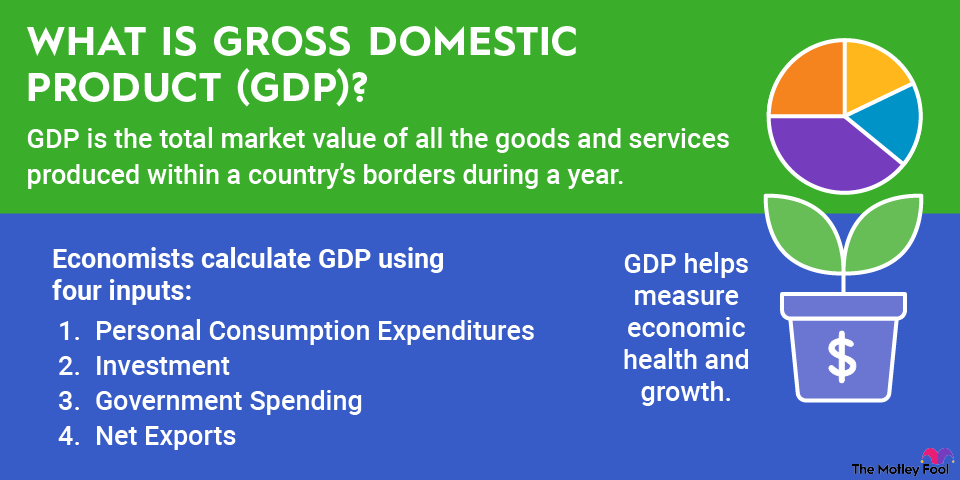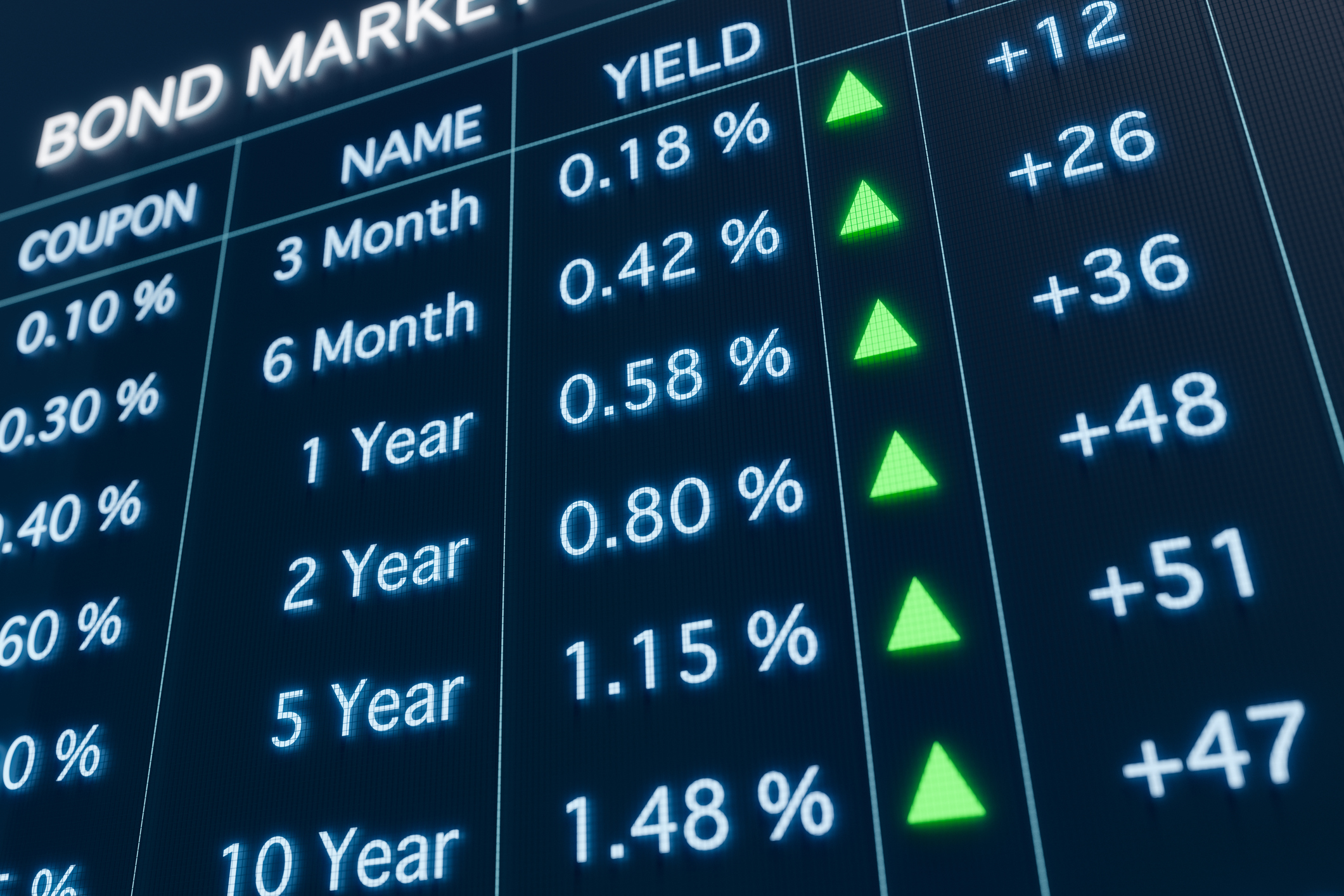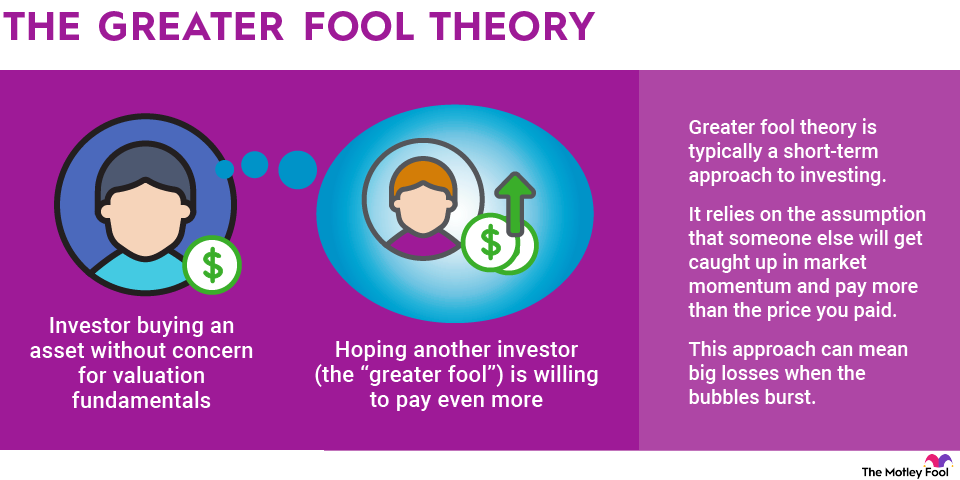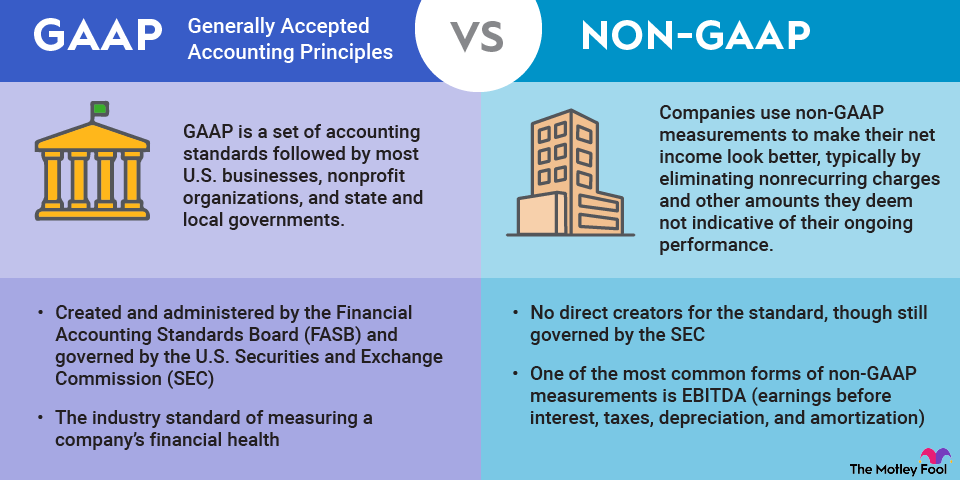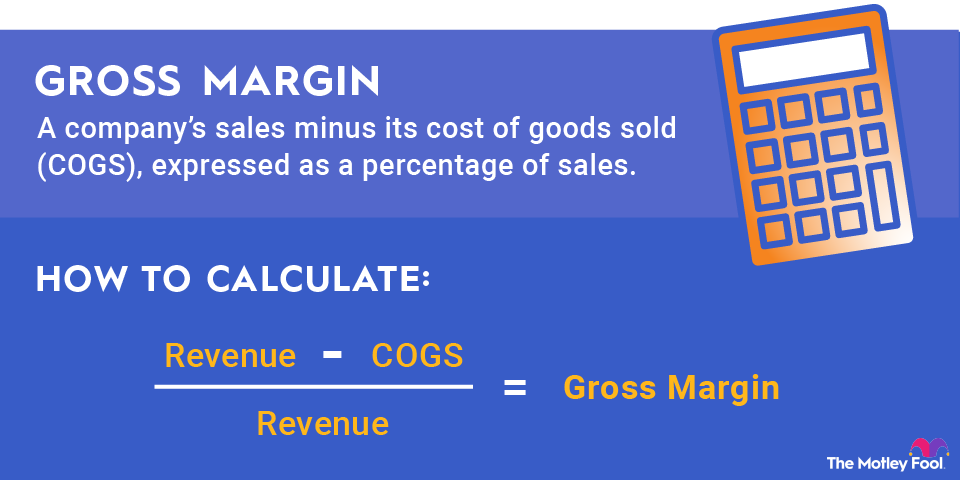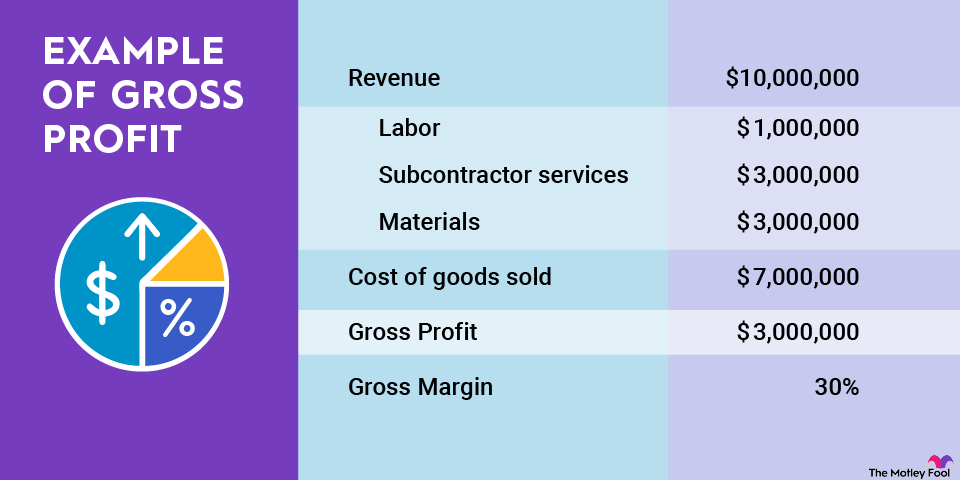When talking about personal finance, many terms are thrown around as shorthand for very large phenomena, like the Great Wealth Transfer. This massive transfer of wealth between generations is already in progress, but what does it really mean for you?

What is the Great Wealth Transfer?
The Great Wealth Transfer is a term used to describe a global financial phenomenon wherein baby boomers and the remainder of the Silent Generation will be leaving vast wealth to their heirs. It's estimated that over $84 trillion in assets will pass from these two generations, with $72 trillion going directly to heirs and the rest to charity.
Baby boomers will pass about $53 trillion through approximately 2045 and the Silent Generation will pass along almost $16 trillion.
The Great Wealth Transfer by the numbers
Generation X is anticipated to be the biggest recipient of the Great Wealth Transfer, just ahead of Millennials. However, Gen Z and baby boomers will also get something out of the deal. Gen X is expected to inherit a total of $30 trillion; millennials, $27 trillion; Gen Z, $11 trillion; and baby boomers, $4 trillion.
Presumably, the boomers involved in this wealth transfer are going to be surviving spouses or younger boomers who receive inheritances from their parents.
However, as nice as this sounds, it's very likely the inheritances will not be evenly distributed and, ultimately, will remain highly concentrated among the family of top income-earners, who also tend to be top income-earners themselves. According to the CFA Institute, after removing the inheritance of the top 10% wealthiest Americans, the median inheritance for the rest of America is almost nothing.
Impacts of the Great Wealth Transfer
For the heirs of roughly 22% of baby boomers who intend to leave an inheritance behind, the impact may be significant, depending on their financial situations at the time of the inheritance. This is certainly an opportunity for them to invest their found money, but Bank of America reports that millennials are losing faith in traditional stocks and bonds, with 75% believing it's not possible to achieve above-average returns with these financial instruments.
A full 25% of these people are looking to private equity for better returns, though all of this can change when they finally have their inheritances in their hands and are faced with a difficult choice of what to do with it.
These younger investors do seem to be more concerned with the effects of their investments, with 73% reporting that they hold sustainable investments in their portfolios, as well as real estate holdings.
Related investing topics
Why does the Great Wealth Transfer matter to investors?
Right now, the Great Wealth Transfer is probably having very limited effects on investors, but over time, this massive shift of money from the generation that's defined traditional finance to a younger cohort who is more experimental and more concerned with sustainability may shift the ideal makeup of investment portfolios.
If fewer are investing in Big Oil, for example, you may find that your oil stocks become laggards compared to more modern energy investments, like solar and wind farms. It's going to be important for you to monitor not only the companies that you hold and how they're doing on an individual basis, but also industry trends to be able to better anticipate what investments can stand the test of time in a portfolio with a long time horizon.
Real estate is still a big hit with investors of all ages and is often seen as a much safer bet. That is still the case with the age group waiting to receive their inheritance in the Great Wealth Transfer. That doesn't mean all real estate investments will have value indefinitely, but it certainly adds to a case for looking at real estate investment trusts (REITs), as well as purchasing and maintaining quality rental properties in your area.
